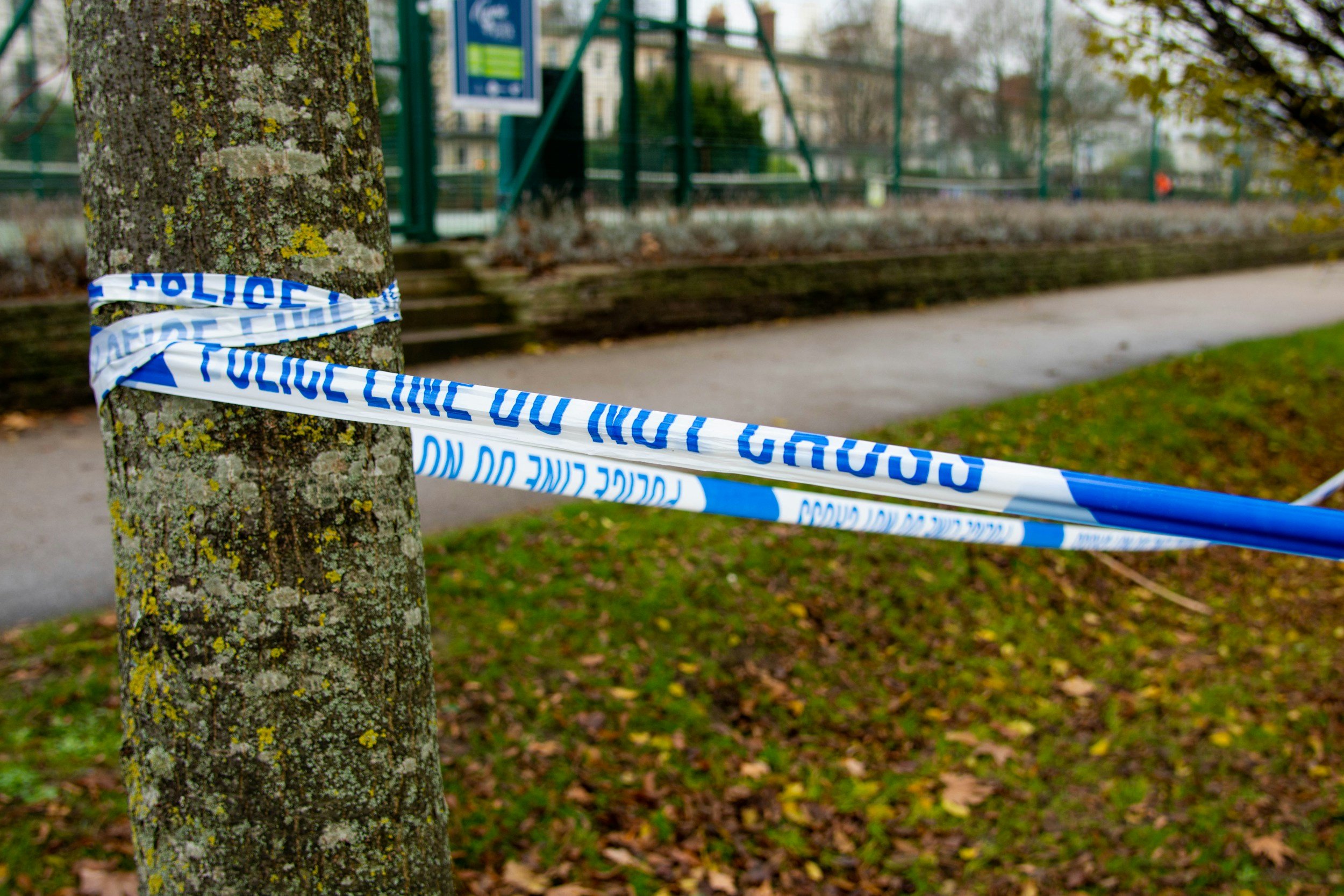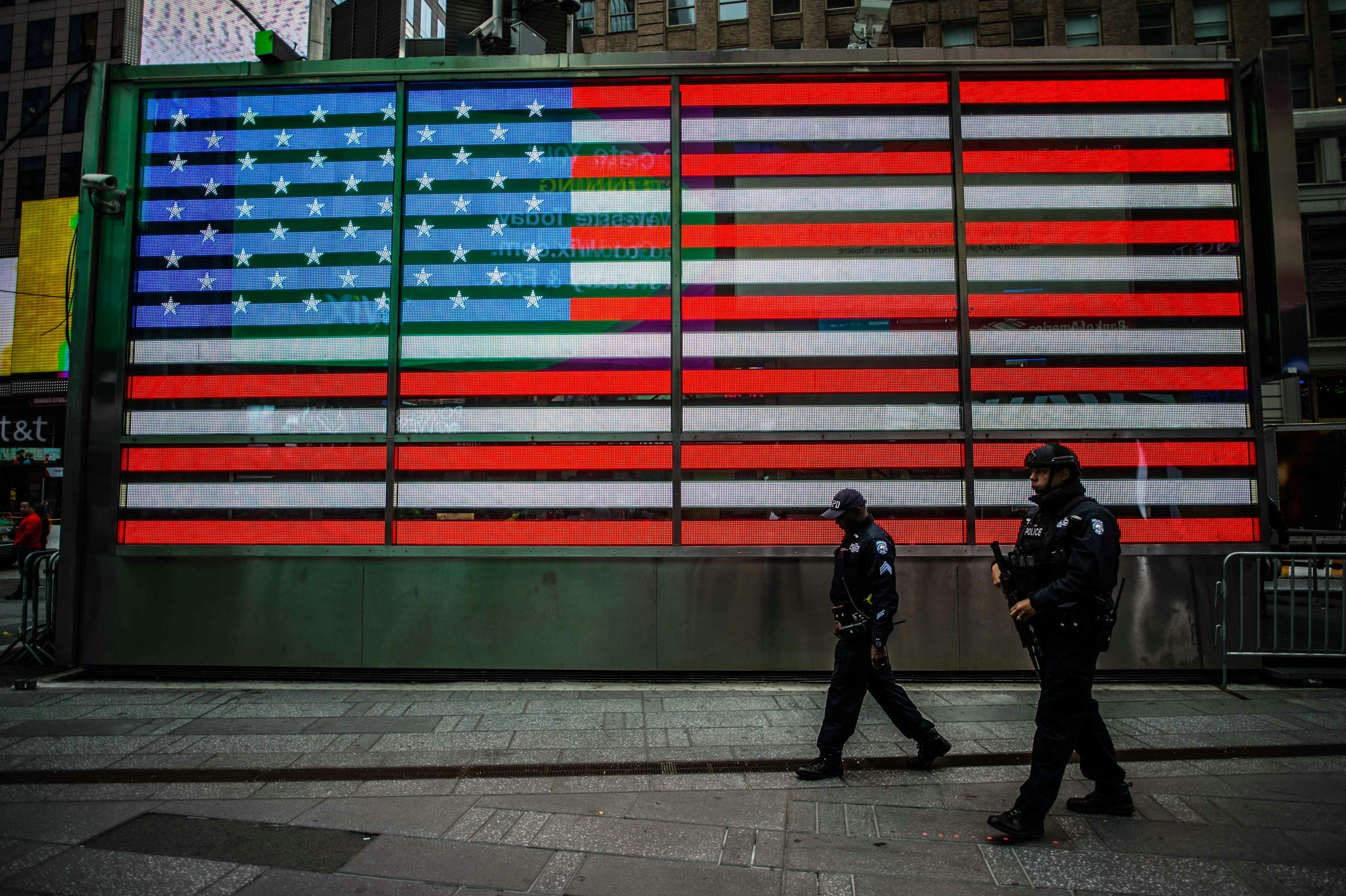
Breaking Down the Barriers: Why First Responders Struggle to Seek Help
First responders—police officers, firefighters, paramedics, and emergency medical technicians dedicate their lives to protecting and serving our communities. They rush toward danger when others flee, make split-second decisions under extreme pressure, and witness humanity at its most vulnerable moments. Yet when it comes to their own mental health and substance use challenges, these heroes often find themselves unable to access the very help they so desperately need.
The statistics paint a sobering picture: first responders experience higher rates of depression, PTSD, anxiety, and substance use disorders compared to the general population. Despite this reality, many suffer in silence, creating a dangerous cycle that affects not only their personal well-being but also their ability to serve effectively. Understanding the barriers that prevent first responders from seeking help is crucial for developing effective solutions and creating a culture where wellness is prioritized alongside duty.

Breaking the Code of Silence: Why First Responders Avoid AA and the Myths That Keep Them Sick
Alcoholics Anonymous and other 12-step programs have helped millions of people achieve and maintain sobriety since 1935. These mutual support groups offer a proven framework for recovery, built on principles of honesty, accountability, and peer support. Yet first responders—police officers, firefighters, paramedics, and other emergency personnel—often resist participating in these programs, despite having substance use disorder rates significantly higher than the general population.
The reluctance isn't due to a lack of need. Studies consistently show that first responders experience alcohol use disorders at rates 25% higher than other professions, with some departments reporting that up to 50% of their personnel engage in binge drinking. The real barriers are psychological and cultural, rooted in misconceptions that prevent first responders from accessing one of the most effective recovery resources available.
As someone who has worked extensively with first responders in recovery, I've heard these self-defeating myths countless times. Today, we're going to confront these lies head-on and reveal the truth that could save careers, relationships, and lives.

Top 5 Reasons Why First Responders Are Qualified to Help Other First Responders in Recovery
Shared Experiential Understanding: "You Get It Because You've Lived It"
The phrase "you wouldn't understand" is rarely spoken between first responders discussing their struggles. Unlike traditional counselors who may intellectually grasp the challenges of emergency service work, first responder peers have lived through the same experiences that often trigger substance use and mental health issues.
They understand the adrenaline crash after a high-stakes call, the sleepless nights replaying a scene where they couldn't save someone, and the unique stressors of shift work that disrupts family life and personal relationships. This shared understanding creates an immediate connection and trust that can take months to establish in traditional therapeutic relationships.
When a veteran officer shares their experience with alcohol dependency following a officer-involved shooting, their words carry weight with a colleague facing similar struggles. There's no need to explain the hypervigilance, the guilt, or the way the job changes you – these concepts are understood viscerally, not just academically.